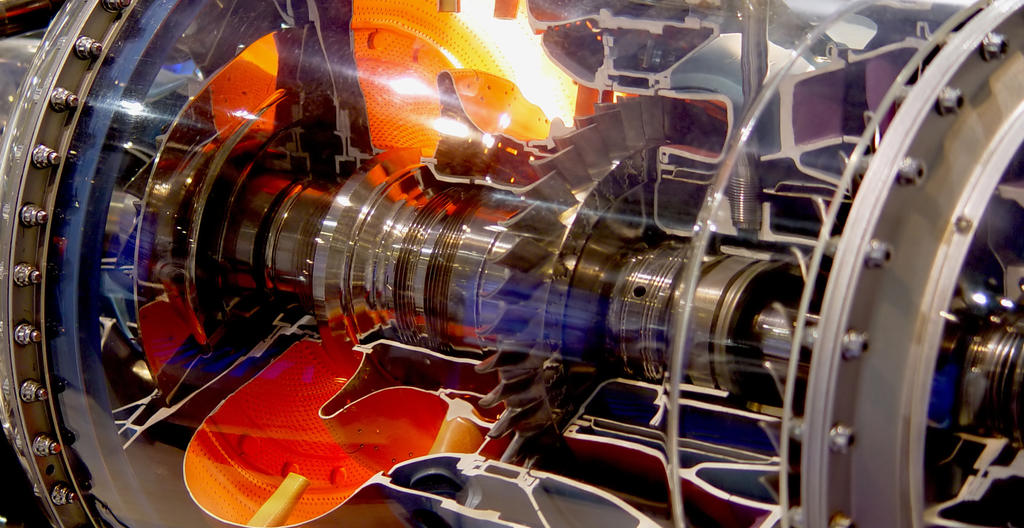
Case studies
- Environment
- Challenge
- Solution
- Benefits
- Specifications
Jet Engine Lubrication Systems
Environment
As manufacturers continue to improve the efficiency of jet engines, this results in the increase of temperatures throughout these systems. One example is High Temperature Stability (HTS) lubrication oils that are conveyed through a complex circuit and subjected to large temperature variations as well as strong vibration. These oils have been developed to sustain the harshest conditions in order to cool down engine parts and lubricate bearings.
Challenge
HTS oils are in turn more aggressive for polymer media, especially at high temperature. A sealing solution should not only accommodate the deformations and vibrations of the hardware but also remain stable in aggressive media at high temperature (up to 350°C / 680°F), in particular when soak back effect occurs.
Solution
Omniseal® spring-energized seals with a metal spring interior and polymer jacket maintain a high temperature stability while being inert to the most aggressive oils. The sealing solution shows better durability at temperature higher than 230°C (446°F) compared to high grade elastomer O-Rings.
Simulation services and in-house testing, combined with finite element analysis relating to the specifics of a customer problem, allow the technical team to create a precision solution. In this lubrication system case, it provides a dilatation proof, tight, durable solution adapted to the former groove design that avoids re-engineering and reduces weight compared to a metal seal option.


A precision solution that is dilatation proof, tight & durable
A precision solution that is dilatation proof, tight & durable
Benefits
-
Superior lifetime compared to elastomers for reduced maintenance and improved durability
-
Comparative replacement of former O-Ring design without hardware re-design
-
High accommodation on soak back effects and supporting simulation evidence
Specifications
|
Solution |
|
|
Area |
|
|
Material |
|
|
Precision part |
|
|
Technical details |
|